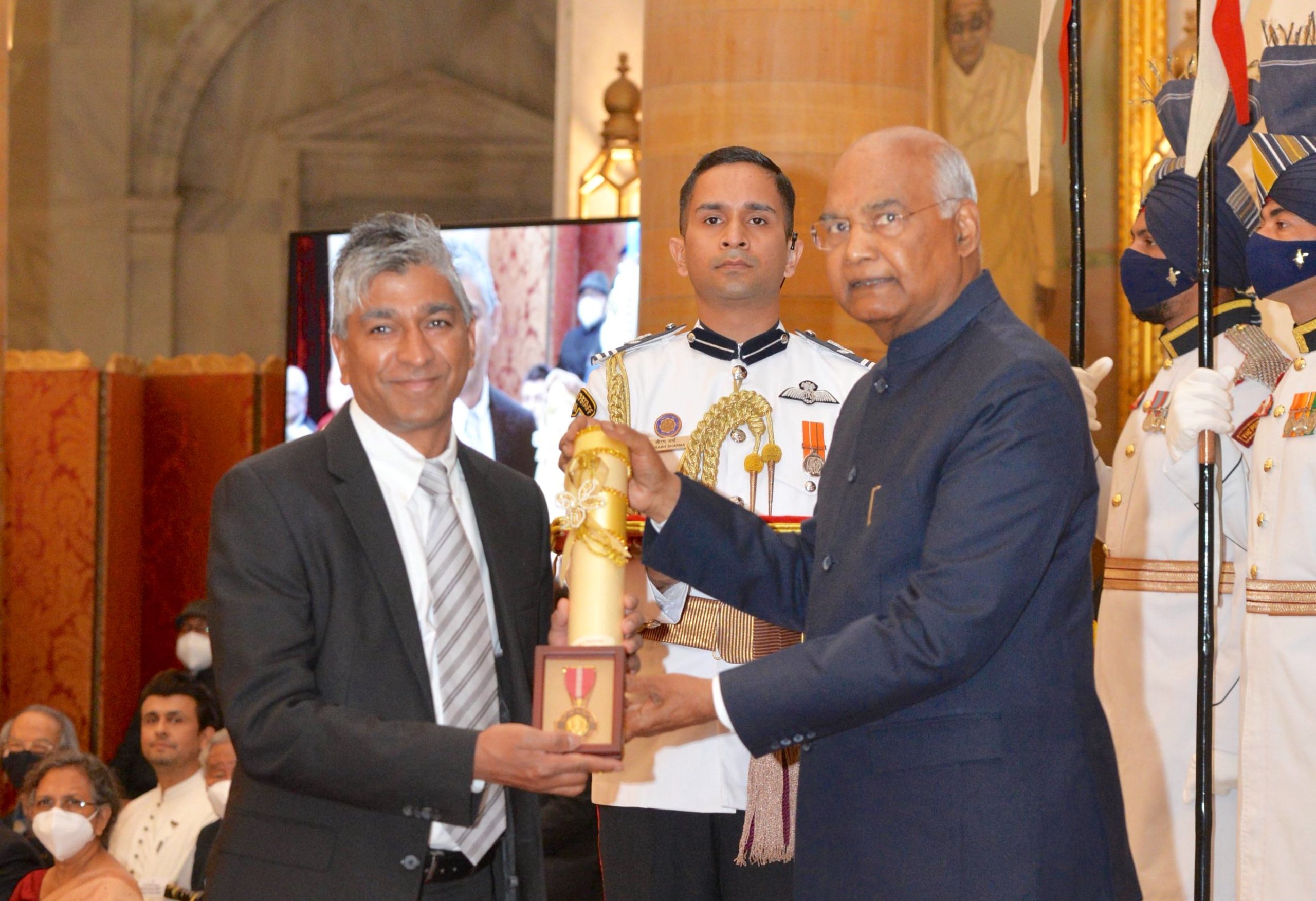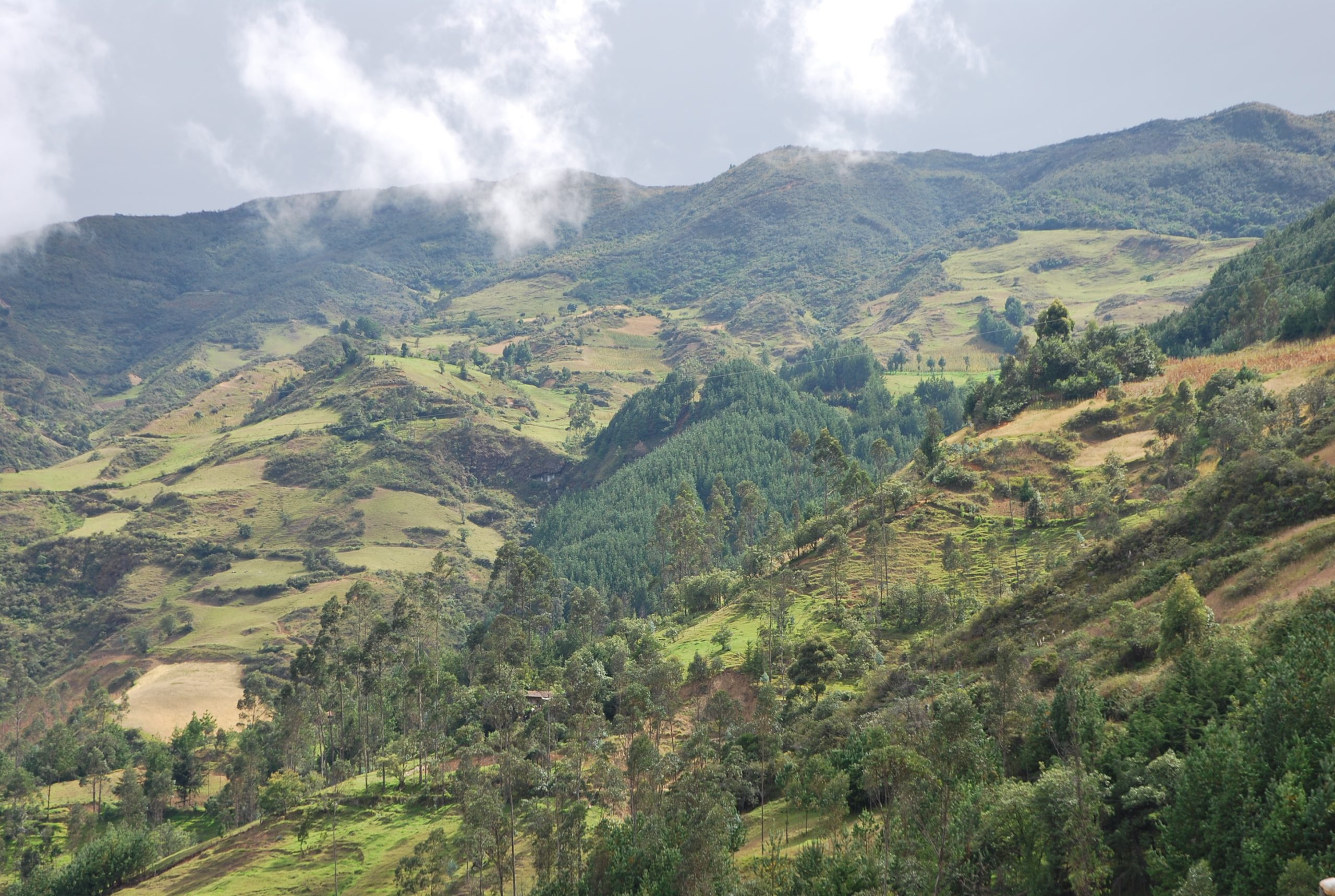CIMMYT joins with members of the international development community to mourn the passing of renowned wheat geneticist and “Father of the Green Revolution in India,” Monkombu Sambasivan Swaminathan who died on September 27 at the age of 98.
Swaminathan devoted his life to sustainably feeding the world. His vision reshaped India almost overnight to a breadbasket for South Asia, through adoption of innovative high-yield wheat varieties and efficient farming techniques for Indian farmers. TIME magazine acclaimed him as one of the twenty most influential Asians of the 20th Century, making him one of three from India to be named alongside Mahatma Gandhi and Rabindranath Tagore.
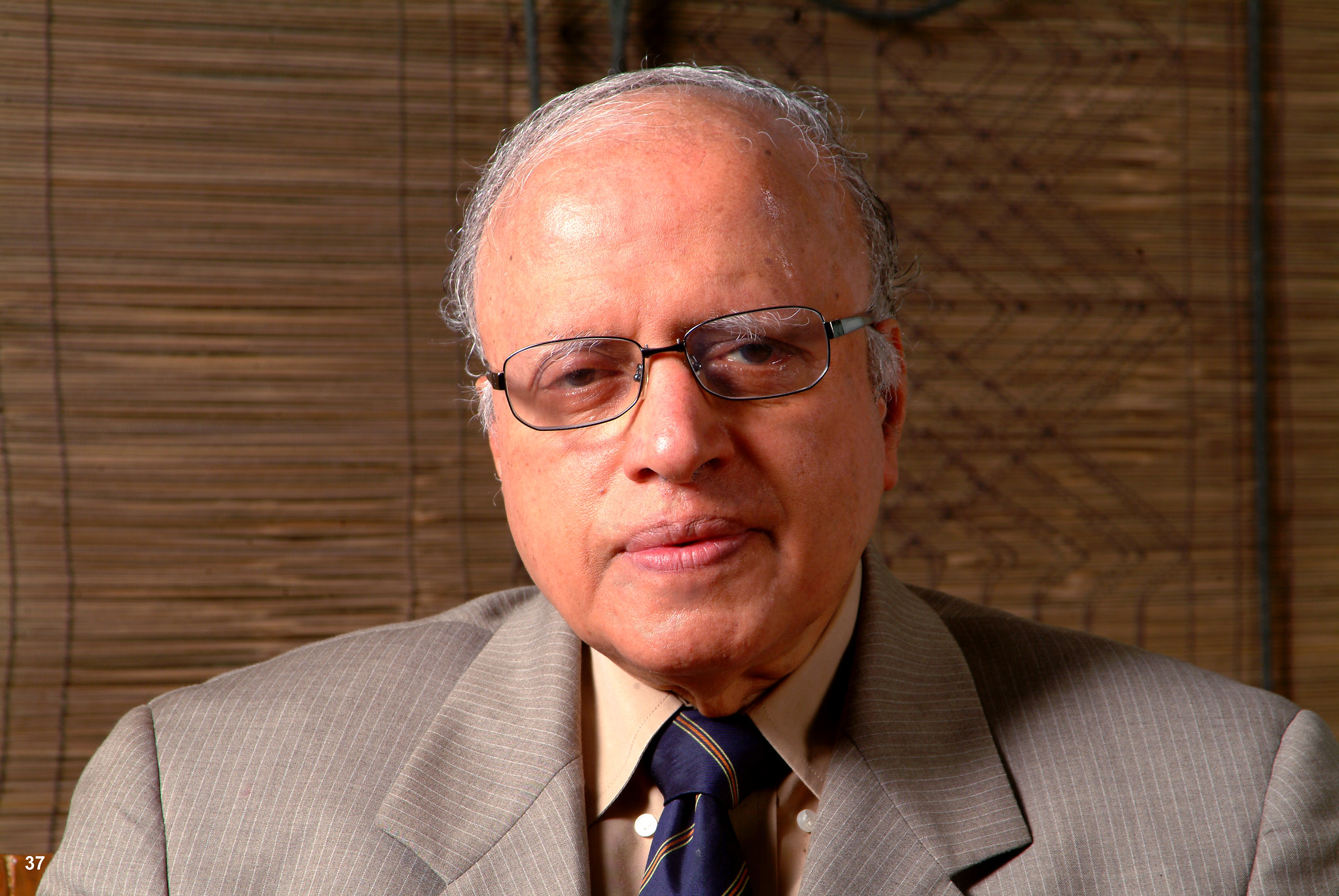
Swaminathan began his career in the world of academia. After earning his Ph.D. in plant genetics from Cambridge University in 1952, he moved to the United States to continue his research as a professor; however, his home country India eventually called him back home. With the crisis of a rapidly increasing population and low food production, Swaminathan returned to become a scientist at the Indian Agricultural Research Institute (IARI), where he later served as Director from 1961 to 1972.
It was during this time that he began his collaboration scientist Norman Borlaug, future Nobel Prize laureate and soon to be leader of CIMMYT wheat research. Swaminathan saw the value of the Mexican semi-dwarf wheat varieties, which were developed by Borlaug, for wheat production in India and requested that Borlaug send him a range of breeding materials containing the Norin dwarfing genes. The seeds arrived in 1963 along with Borlaug and the pair travelled the wheat-belt of India. Swaminathan arranged multi-location trials for the varieties and established an inter-disciplinary team to adapt the new varieties for Indian conditions.
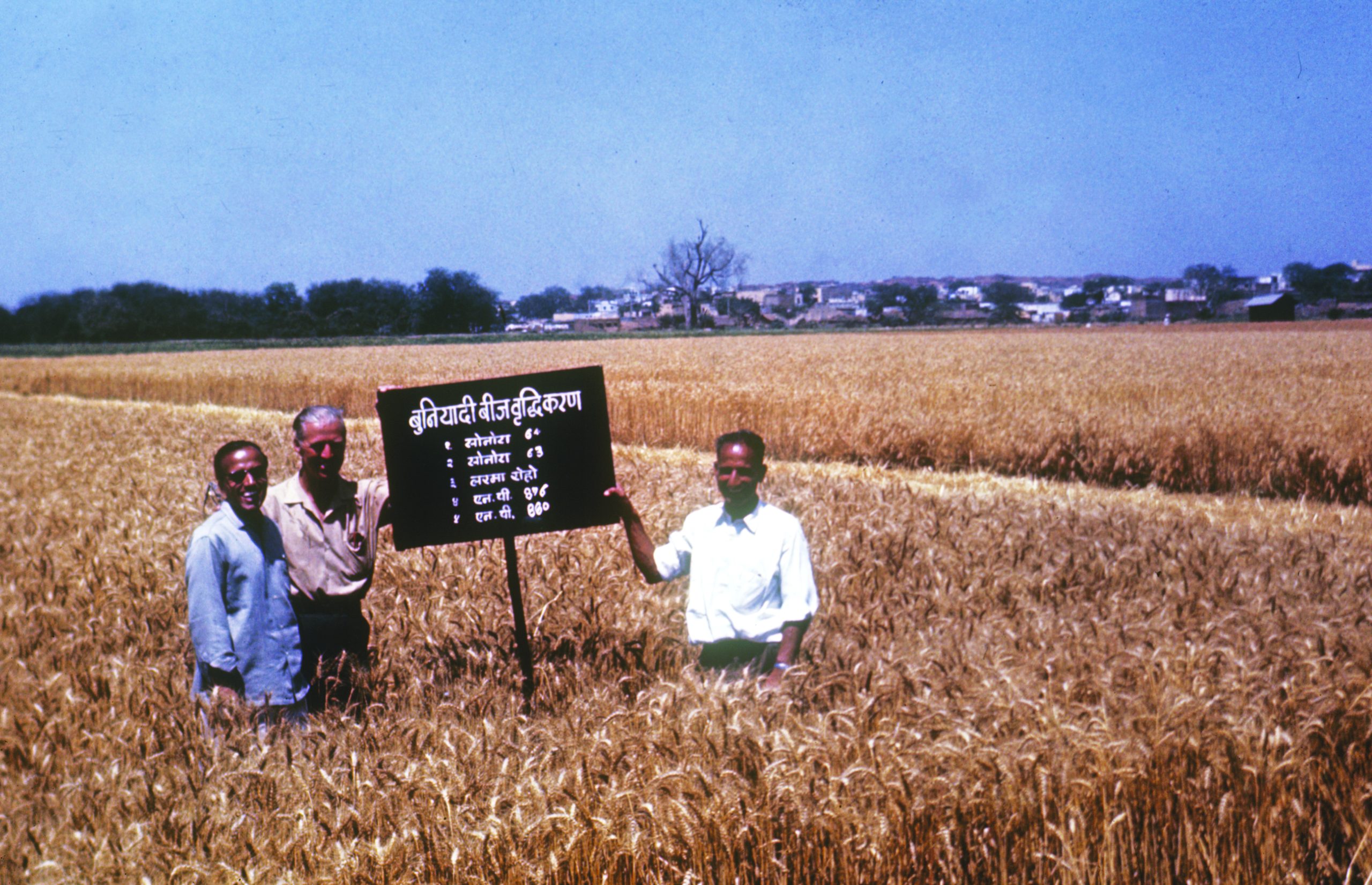
The next step was convincing local farmers to grow the varieties. By 1966, Swaminathan had established 2,000 model farms where farmers could see for themselves the benefits of the new wheats. Swaminathan’s final act in kickstarting the Green Revolution in India was to successfully lobby the Indian government to import 18,000 tons of the Mexican seed.
Just 4 years later India’s wheat harvest had doubled to 20 million tons, ending the nation’s dependence on wheat imports and saving millions from starvation. Swaminathan continued to work with the Indian government to maintain food security and long-term self-sufficiency across the country and the impact of his work earned him the first World Food Prize in 1987.
Swaminathan held a number of leadership roles in world agricultural and conservation organizations over his lifetime, including the FAO council, the International Union for the Conservation of Nature and Natural Resources, the World Wide Fund for Nature (India), and the National Academy of Agricultural Sciences. He also served as Director General of the Indian Council of Agricultural Research (ICAR), and Secretary to the Government of India at the Department of Agricultural Research and Education from 1972-79, as well as Director General of the International Rice Research Institute in the Philippines from 1982-88.
A humanitarian at heart
Not just a scientist, Swaminathan was an advocate and humanitarian. Shortly after winning the World Food Prize, he used the award funds to establish a research center, the M.S. Swaminathan Research Foundation (MSSRF), in Chennai, India. The MSSRF allowed him to work on his other passion, sustainable development, where he coordinated research and action on conservation of endangered species, protection of coastal ecosystems, precision farming, ecotechnology, community education and technical training, and programs for rural internet access.
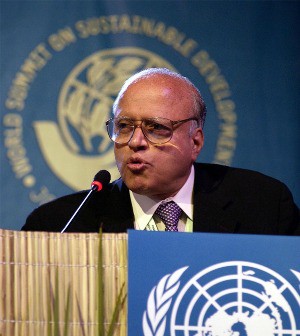
He has received 84 honorary doctorate degrees from universities around the world and multiple awards including the Padma Shri (1967), Padma Bhushan (1972) and Padma Vibushan (1989) – the fourth, third and second highest civilian awards in India. He has also won numerous international awards including the 1994 UNEP Sasakawa Environment Prize, the UNESCO Gandhi Gold Medal in 1999 and the Franklin D. Roosevelt Four Freedoms Award in 2000.
“He was a real gentleman with a sharp memory,” recalls CIMMYT distinguished scientist Ravi Singh. “I always admired his capacity and his ability to link complicated topics into a nice synthesis.”
He was an inspiration to thousands and will be greatly missed for his scientific brilliance, his pioneering advocacy and humanitarianism, and his life mission to reduce world hunger through improved technology for citizens from all levels of society.
The CIMMYT family extends its deepest condolences to the Swaminathan family.

 Capacity development
Capacity development 